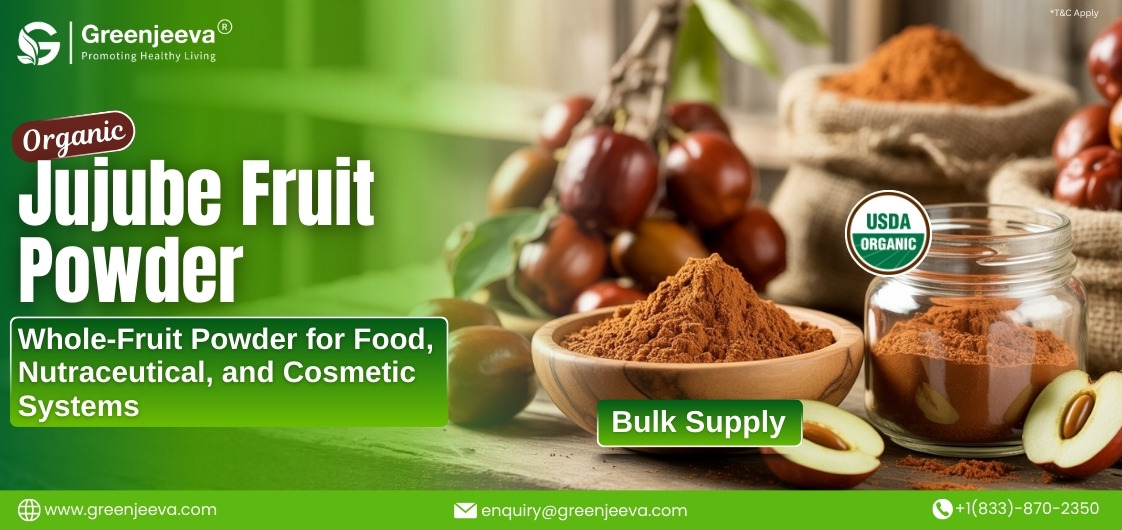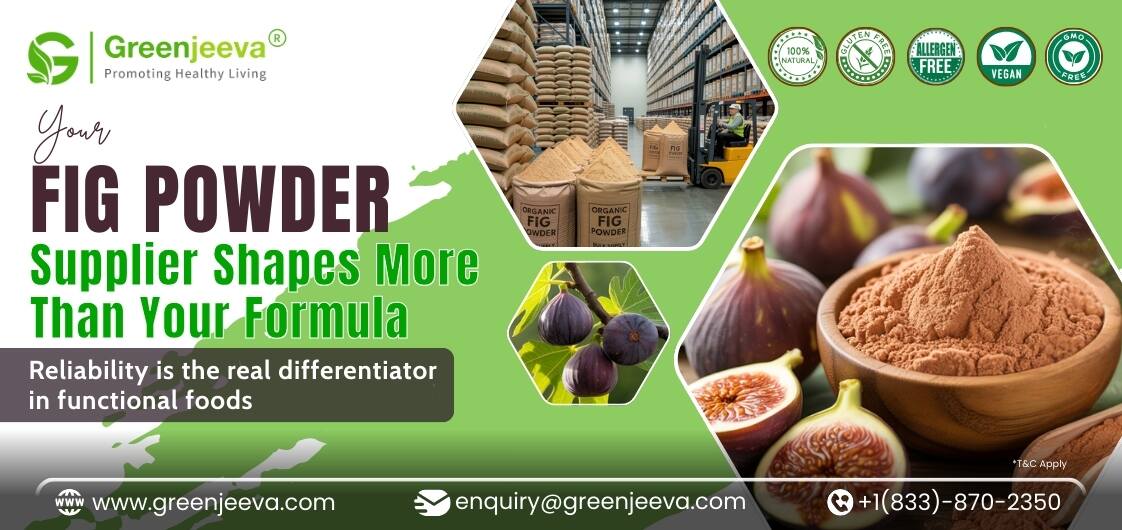Tea Industry Sourcing Challenges: High-Quality Plant Species Landscape

The Tea Industry
In the competitive tea industry, sourcing high-quality plant species is crucial for producing various types of tea. Green, black, and white tea are in demand these days. However, sourcing teams face unique challenges when procuring the plant species needed to create exceptional teas.
This B2B blog delves into the sourcing challenges these teams face. And also provide insights on overcoming them to ensure a reliable and diverse supply of plant species for tea production.
Ensuring Quality and Authenticity: Sourcing teams must navigate the challenges. The challenges of ensuring the quality and authenticity of the plant species used for tea production. Partnering with trusted suppliers who adhere to rigorous quality control measures. Providing transparent sourcing information is vital to guarantee the desired flavor profiles and characteristics of different tea varieties.
Establishing Sustainable and Ethical Supply Chains: Sustainability and ethical sourcing practices are increasingly important considerations for sourcing teams in the tea industry. They must strive to identify suppliers who follow sustainable farming methods, promote fair trade partnerships, and prioritize environmental stewardship. This aligns with consumer expectations and ensures plant species' long-term availability while minimizing the ecological impact.
Managing Seasonal Variations and Harvesting Constraints: Seasonal variations and specific harvesting requirements can affect the availability of certain plant species for tea production. Sourcing teams must work closely with suppliers to plan and manage procurement schedules, considering factors such as growing seasons, geographical considerations, and the unique characteristics of each plant species is crucial for business success. Maintaining effective communication and building strong supplier relationships are crucial in overcoming these challenges.
Adapting to Market Demands and Consumer Preferences: The tea market is dynamic, with ever-evolving consumer preferences and trends. Sourcing teams must stay informed about market demands and emerging plant species that can cater to changing consumer tastes. By keeping a pulse on the market, conducting thorough research, and engaging in ongoing communication with suppliers, sourcing teams can align their procurement strategies with market demands and offer innovative tea products to their customers.
Overcoming Sourcing Challenges for a Diverse Tea Selection
Sourcing teams must overcome various challenges to ensure a reliable supply of high-quality teas, such as Oolong, Rooibos, Chamomile, Peppermint, Lemon Verbena, Earl Grey, Jasmine, Hibiscus, Matcha, and White tea, meeting the demands of tea enthusiasts seeking unique flavors and potential health benefits.
Oolong Tea: Sourcing teams must navigate the challenges of sourcing Oolong tea, which is partially oxidized and falls between the green and black tea categories. Typically, tea makers produce it from the leaves of the Camellia sinensis plant. Ensuring a reliable supply of high-quality Oolong tea is essential to meet the demands of tea enthusiasts. Tea lovers seek its unique flavor and potential health benefits.
Rooibos Tea: Sourcing teams face the challenge of finding suppliers of Rooibos tea derived from the leaves of the Aspalathus linearis plant. This caffeine-free tea offers a naturally sweet and nutty flavor. Ensuring a sustainable and consistent supply of Rooibos tea is crucial to meet the growing demand for this popular herbal beverage.
Chamomile Tea: Chamomile tea is made from the dried flowers of the Matricaria chamomilla plant and is known for its soothing properties. Sourcing teams must identify reliable suppliers of high-quality chamomile flowers to ensure a consistent supply of this popular herbal tea renowned for relaxation and improved sleep.
Peppermint Tea: Sourcing teams must secure reliable sources of Peppermint tea made from the leaves of the Mentha piperita plant. Tea enthusiasts consume this refreshing herbal tea for its flavor and digestive benefits. Maintaining a stable supply of high-quality Peppermint tea is essential to meet the demand of health-conscious consumers.
Lemon Verbena Tea: Lemon verbena tea is made from the leaves of the Aloysia citrodora plant. Sourcing teams must find trusted suppliers of Lemon verbena leaves. It's imperative to ensure the availability of this herbal tea with its citrusy and herbal flavor. Lemon verbena tea is often enjoyed for its calming and digestive properties.
Earl Grey Tea: Sourcing teams must navigate the challenge of sourcing Earl Grey tea, a black tea infused with the oil of the bergamot orange. Tea enthusiasts highly seek the distinctive floral and citrus flavor of this tea. Partnering with reliable suppliers ensures a consistent, high-quality Earl Grey tea supply.
Jasmine Tea: Jasmine tea is typically made from green leaves scented with jasmine flowers. Sourcing teams must secure suppliers that produce high-quality Jasmine tea, known for its delicate floral aroma and flavor. The sourcing process requires careful selection to maintain this popular tea's desired quality and authenticity.
Hibiscus Tea: Hibiscus tea is made from the dried petals of the Hibiscus sabdariffa plant. The vibrant red color and tart and tangy taste of Hibiscus tea make it a favorite among tea enthusiasts. Sourcing teams must establish partnerships with reliable suppliers to ensure a steady supply of high-quality Hibiscus tea to meet consumer demands.
Matcha Tea: Matcha tea is a finely ground powdered green tea made from shade-grown tea leaves. Sourcing teams must overcome the challenges of finding reliable sources of high-quality Matcha tea. Matcha tea's vibrant green color and rich, earthy flavor make it highly valued by tea connoisseurs. Ensuring a consistent supply of premium Matcha tea is crucial to meet the growing demand for this unique tea.
White Tea: Sourcing teams must navigate the challenges of sourcing White tea, made from the young leaves and buds of the Camellia sinensis plant. Tea enthusiasts prize White tea for its delicate flavor with subtle floral notes, as it undergoes minimal processing. Ensuring a reliable supply of high-quality White tea is essential to cater to the discerning tastes of enthusiasts seeking this delicate and nuanced tea.
Also Read: https://www.greenjeeva.com/blog/the-convergence-of-nutraceuticals-cosmeceuticals-and-nutra-cosmetics
Conclusion
Sourcing high-quality plant species for tea production presents unique challenges for sourcing teams. These teams can successfully navigate the sourcing landscape by addressing the challenges.
Collaborating with trusted suppliers should be of utmost priority. Conducting thorough research and prioritizing transparency and quality assurance are essential to ensure quality and authenticity. It establishes sustainable supply chains, manages seasonal variations, and adapts to market demands. It ensures a reliable and diverse supply of plant species for tea production, meeting the expectations of tea enthusiasts. This, in turn, drives business growth in the competitive tea industry.
**The Food and Drug Administration has not evaluated these statements. This product is not intended to diagnose, treat, cure, or prevent any disease.**






